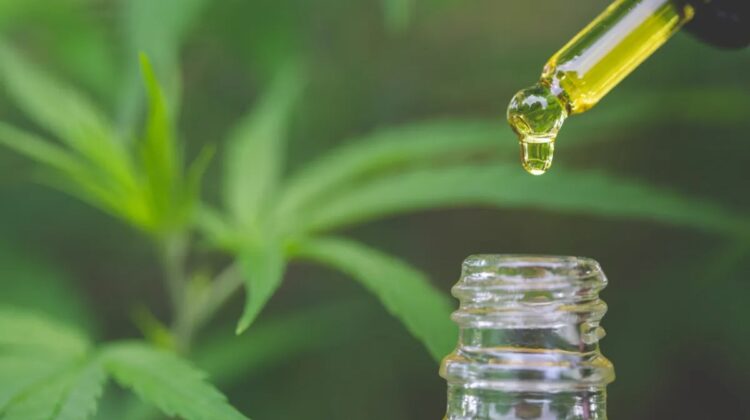
CBD is a non-psychoactive cannabinoid that may have highly beneficial medicinal properties.
According to the findings of a recent pilot research, the cannabis-derived component cannabidiol (CBD) may lower the intensity of treatment-resistant anxiety in young people by roughly 50%. The study, published in the Journal of Clinical Psychiatry, included individuals aged 12 to 25, none of whom suffered any serious negative effects after using the non-psychoactive cannabis.
The 31 patients were diagnosed with a variety of anxiety disorders, including social anxiety disorder, generalized anxiety disorder, panic disorder, and phobias. All did not respond to cognitive behavioral therapy (CBT), and the average period of treatment was little more than two years.
Twenty-one participants had also been administered selective serotonin reuptake inhibitors (SSRIs) to treat depression, with medication changes occurring twice on average due to ineffectiveness or unacceptable side effects.
However, after a 12-week course of CBD combined with CBT, almost 40% of patients reported a 50% decrease in symptoms, as judged by the Overall Anxiety Severity and Impairment Scale (OASIS). Approximately two-thirds improved by at least 33 percent, with an average reduction in anxiety levels of 42.6 percent.
Following the 12-week intervention, a different scale known as the Hamilton Anxiety Rating showed an average improvement of 50.7 percent.
“The young people had fewer panic attacks and could do things they were previously unable to do, such as leave the house, go to school, participate in social situations, eat at restaurants, take public transportation, or attend appointments on their own,” study author Paul Amminger explained in a statement. “That’s an astounding shift in a population that has long suffered treatment-resistant, severe to extremely severe anxiety.”
Importantly, these gains did not endure once CBD medication was discontinued, and anxiety levels were virtually returned to baseline when individuals were examined three months later. This suggests that the observed reduction in symptoms was most likely caused by the cannabis rather than CBT or other variables.
While the specific mechanism by which CBD relieves anxiety is unknown, the study authors emphasize that the substance stimulates different pathways than SSRIs and so does not cause the adverse effects associated with traditional antidepressants.
“Cannabidiol is non-intoxicating and lacks tetrahydrocannabinol (THC), so it doesn’t create changes in thinking and perception, it doesn’t get you ‘high,’ and it’s not addictive,” Amminger explained.
“We didn’t notice suicidal thoughts, irritability, or sleep issues, which are frequent in persons using SSRIs.”
As encouraging as these findings appear to be, the authors note out that this small-scale pilot trial was not placebo-controlled, and that further research is needed to confirm CBD’s usefulness as a therapy for anxiety.
“The next step is to do a randomised controlled trial, which is the gold standard for testing a novel intervention,” Amminger explained. “Such a trial would need to be conducted in a much bigger cohort – approximately 200 to 250 young people – to allow us to declare with some certainty whether or not there are meaningful therapeutic advantages and impacts.”

Leave a Reply